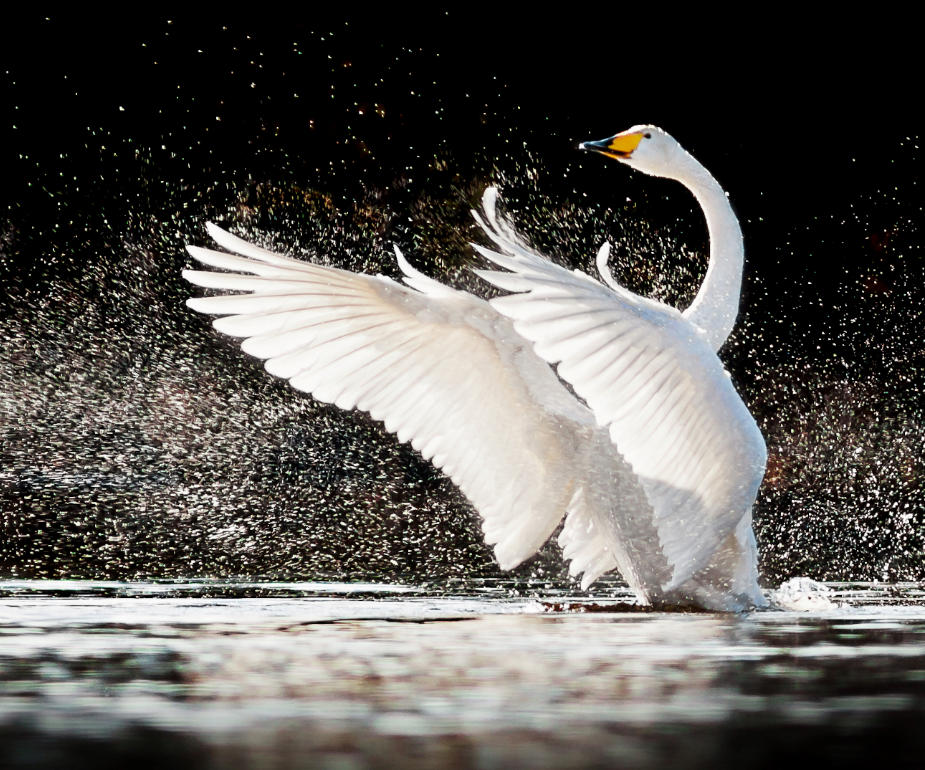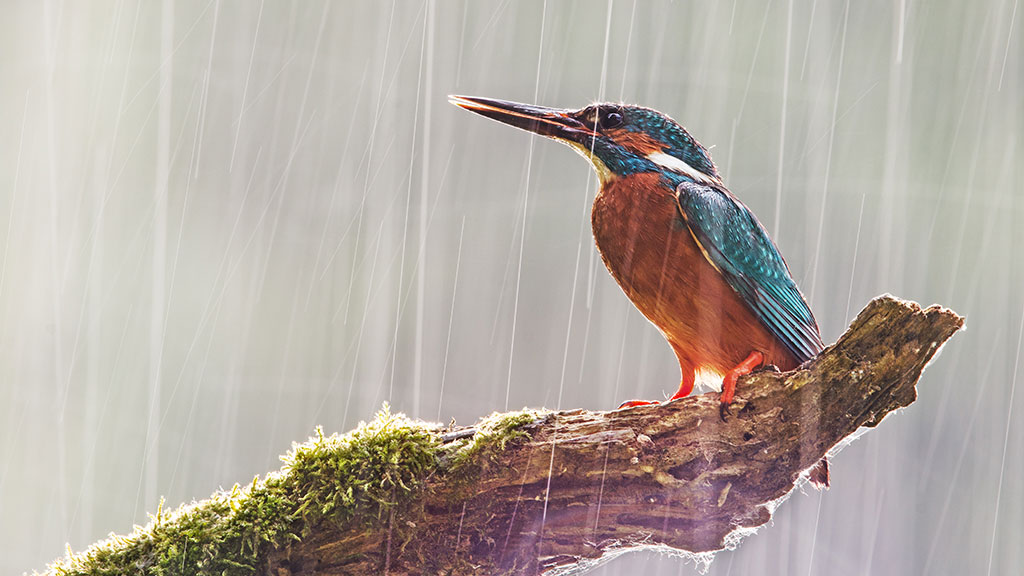EU countries choose health over poison in historic vote to ban lead shot in wetlands
A huge leap towards ending the suffering of millions of waterbirds from lead poisoning has been taken following a momentous vote to ban lead shot in and around wetlands.

A huge leap towards ending the suffering of millions of waterbirds from lead poisoning has been taken following a momentous vote to ban lead shot in and around wetlands.
The vote was made by members of the European Parliament, the majority voting in support of the ban for a greener, healthier future for the environment, wildlife and people. 362 MEPs voted in favour of the ban, 292 against, and 39 abstained.
This is a result that WWT has campaigned long and hard for, alongside dedicated partners and supporters. Through our scientific research, we have developed a substantial body of evidence to alert hunters, policymakers and the public to the deadly effects of lead, worked tirelessly for international policy change, galvanised support from all sectors of society, and promoted a healthier non-toxic future.
Dr Julia Newth, campaigner and Ecosystem Health and Social Dimensions Manager at WWT said:
“The toxic legacy of lead is profound - more than 20,000 tonnes of mainly lead shot lands in the very places where migratory waterbirds of the European flyways feed and breed every year, claiming the lives of a million waterbirds and causing ill health in three million more. Human health is put at risk when game meat shot with lead is consumed and hunters have been living with the uncomfortable perception that they are poisoners.
“This historic vote has shown that in a modern society it is no longer acceptable for a minority of people to continue to release poisons which kill our collective natural heritage and impact our health through the food that we eat."
Campaigner and Research Fellow at WWT, Dr Ruth Cromie, added:
“It remains to be seen how the UK government will respond but this is the beginning of the end of lead ammunition and the start of a healthier, greener future for Europe’s wildlife and people. After decades of pollution and suffering, lead ammunition may finally be consigned to history.”
Support for the proposed ban was broad and came from many parts of civil society - hunters, scientists, EU Ministers, conservation NGOs and the wider public.

The journey to banning lead
Read more information on the issues and scientific research that shows why this is such a pressing problem.
Find out more


